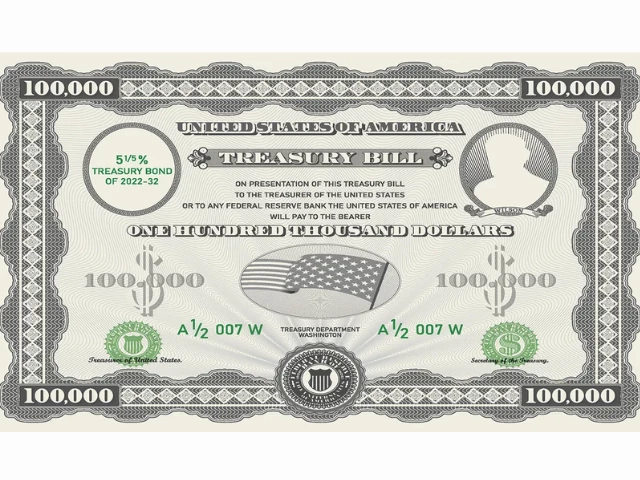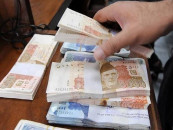Foreign central banks shift from long-term US bonds to short-term T-bills
New Treasury data show foreign central banks moving cash into short-term securities

Foreign central banks and government institutions are reducing their holdings of long-term US debt and moving into short-term Treasury bills, according to new data from the US Treasury Department.
The latest Treasury International Capital (TIC) report shows that in February, official foreign institutions sold a net $19.6 billion in US Treasury bonds and notes—securities with maturities of over one year.
This marked the fourth consecutive month of net selling, following $24.1 billion offloaded in January and $42.3 billion in December.
In contrast, foreign buyers added $61.6 billion in Treasury bills in February, reflecting a growing preference for short-term assets that mature in less than a year.
The shift suggests central banks are prioritising liquidity and safer returns amid ongoing economic and geopolitical uncertainty.
“This could reflect reserve managers preparing for future currency interventions,” said Angelo Manolatos, a strategist at Wells Fargo. Treasury bills offer immediate access to cash, potentially giving governments more flexibility in supporting their domestic currencies.
Foreign entities hold $8.8 trillion in US government debt, with central banks accounting for 44% of that total.
Despite the recent selloff in long-term bonds, private foreign investors continue to purchase US debt, more than offsetting official outflows on a net basis.
Recent Treasury auctions of 10- and 30-year notes saw strong demand from indirect bidders—often a proxy for central banks—according to Treasury Secretary Scott Bessent.
China and Japan, the two largest foreign holders of US debt, showed mixed activity in February. Japan increased its holdings by $31.7 billion, while China reduced its exposure by $4.8 billion.
While speculation persists around whether foreign governments might weaponise their US holdings in response to trade policies, economists say a coordinated selloff remains unlikely. “Such a move would be self-defeating,” wrote Mark Williams of Capital Economics, citing China's $3 trillion in US assets and the lack of viable alternatives to the US Treasury market.
US bond yields rose sharply in April amid broader market volatility and inflation concerns.
Despite the rotation in foreign portfolios, analysts say there is no clear evidence of financial retaliation, and US debt continues to attract global investors.
























COMMENTS
Comments are moderated and generally will be posted if they are on-topic and not abusive.
For more information, please see our Comments FAQ